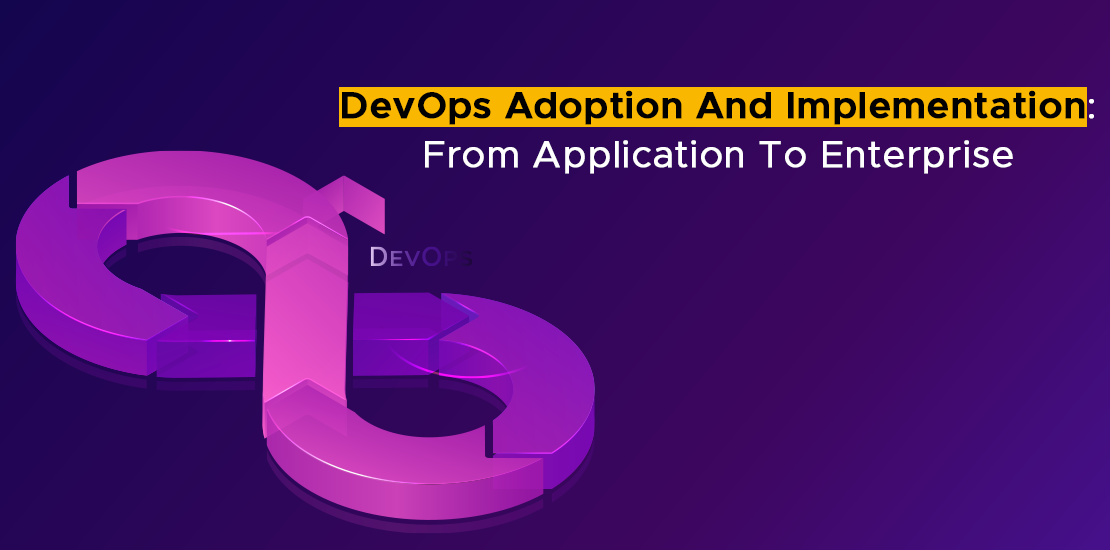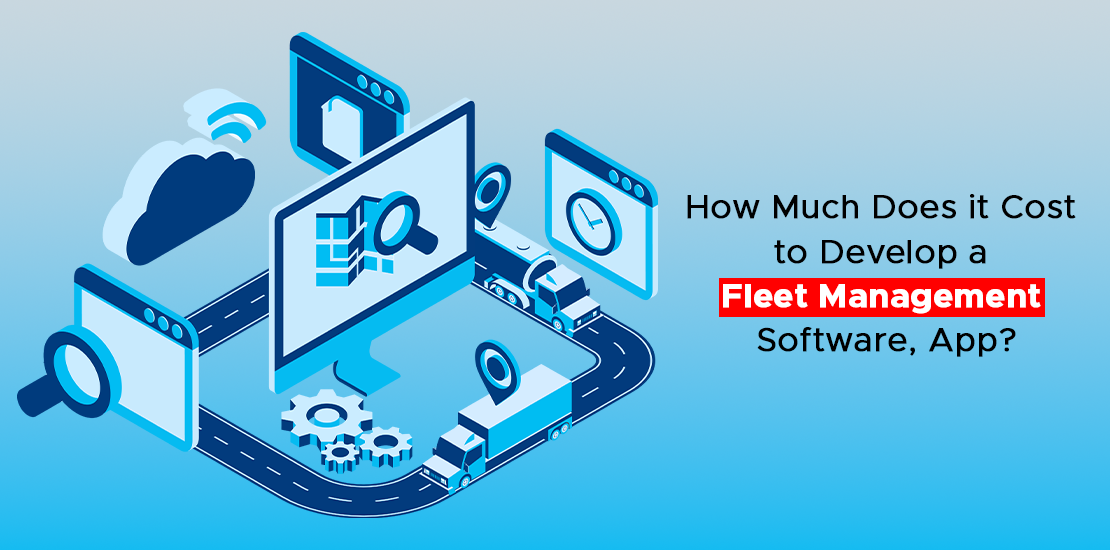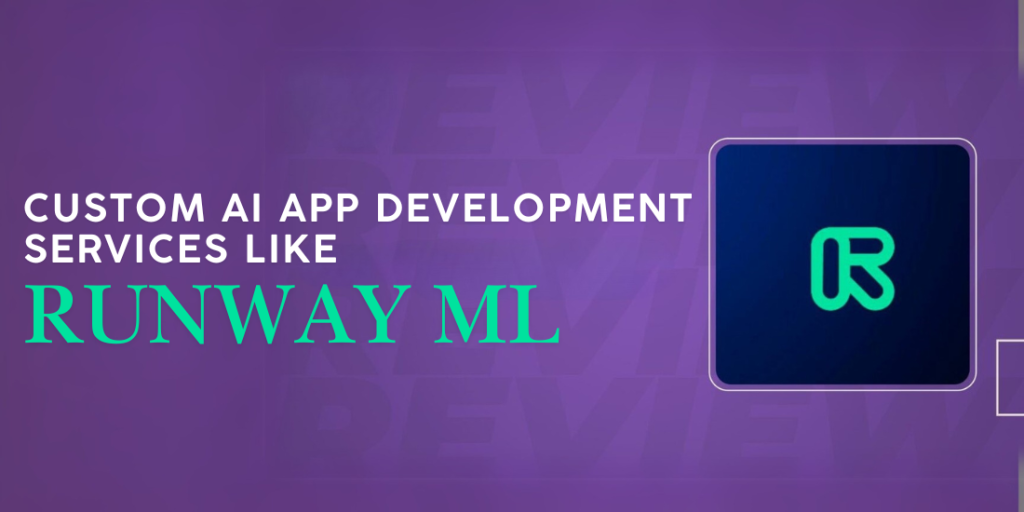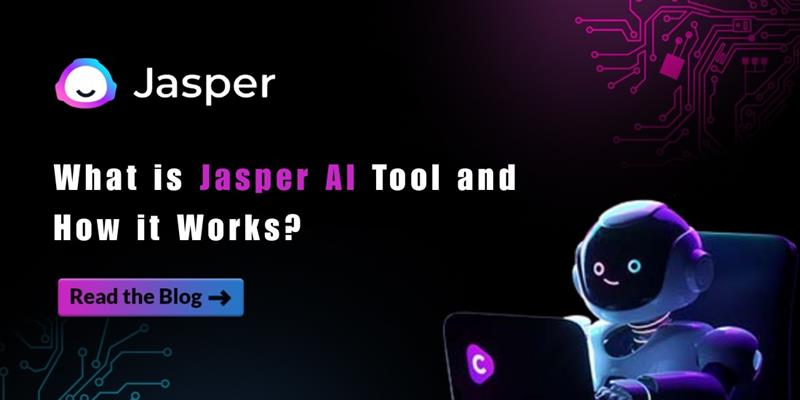In a world where artificial intelligence is already transforming everything from self-driving cars to robots making delicate jewelry, farming is on the brink of a groundbreaking change. For generations, farmers have relied on intuition and traditional methods, but the pressures of a growing population and changing climates are pushing these old practices to their limits, entering Generative AI beacon of hope and innovation this remarkable technology learns, evolves, and creates new possibilities, offering farmers a chance to rejuvenate their fields and adapt to modern challenges and emerging technologies like Generative AI, AI/ML, IoT, and connected sensors can boost crop growth and make better use of water, fertilizers, and other resources. This helps make agriculture and animal farming more sustainable and stable.
In this blog, we’ll explore how Generative AI is impacting agriculture and discuss some of the challenges of using these technologies in the industry as we enter this new era, Generative AI promises to bring a brighter, more sustainable future to farming.
Table of Contents
|
Sr |
Headings |
|
1 |
Introduction to Generative AI in Agriculture |
|
2 |
What is Generative AI? |
|
3 |
The Role of AI in Modern Agriculture |
|
4 |
Enhancing Soil Analysis with AI |
|
5 |
Predictive Modeling for Crop Management |
|
6 |
Optimizing Resource Use through Technology |
|
7 |
Improving Pest and Disease Management |
|
8 |
Real-world Applications of Generative AI |
|
9 |
The Benefits of Generative AI in Agriculture |
|
10 |
Challenges and Considerations |
|
11 |
Future Prospects of AI in Agriculture |
|
12 |
Conclusion |
|
13 |
FAQs |
Introduction to Generative AI in Agriculture
Agriculture, the cornerstone of human survival, is grappling with extraordinary challenges with the global population surging and the demand for food skyrocketing, farmers are under immense pressure to produce more while utilizing fewer resources. This is where Generative AI comes into play—a transformative technology that’s making farming smarter, more efficient, and sustainable.
Generative AI has the potential to revolutionize agriculture it leverages complex algorithms to analyze vast amounts of data, offering insights and solutions that were previously out of reach. This technology is like having a high-tech advisor that helps farmers optimize every aspect of their operations, from soil health to crop management. So, what exactly is Generative AI, and how is it changing the face of agriculture? Imagine a tool that not only predicts the weather but also suggests the best planting strategies, recommends the optimal amount of water and nutrients, and even forecasts pest outbreaks and that’s the power of Generative AI.
In cities like Bangalore, where innovative Generative AI companies in Bangalore, india are flourishing, this technology is being harnessed with hope and determination to address the unique challenges that farmers face. Companies like DxMinds are crafting solutions with heart, specifically designed to meet the unique needs of local farmers by helping them make data-driven decisions, these innovations are not just improving yields but also nurturing a more sustainable and hopeful future for agriculture. As we explore the impact of Generative AI on agriculture, we’ll see how it’s reshaping the industry, offering practical solutions, and paving the way for a more efficient and sustainable future in farming.
What Is Generative AI?
Generative AI is a branch of artificial intelligence that can generate new content or predictions based on existing data. It’s like a farmer’s new best friend—always learning and adapting to improve outcomes. In agriculture, Generative AI can analyze massive amounts of data from soil sensors, weather stations, and other sources to help farmers make better decisions. This technology doesn’t just provide information; it offers actionable insights that can lead to better crop yields, more efficient use of resources, and more sustainable farming practices for those looking to harness this technology, ChatGPT is a leading example of generative AI developed by OpenAI, which is supported by Microsoft, ChatGPT reads text inputs and generates responses that sound like they’re from a human. It’s a powerful language model that can handle a variety of tasks another example of generative AI is Midjourney, a tool that creates unique images based on user commands.
If you want to develop a generative AI app similar to ChatGPT or Midjourney, you can find top ChatGPT app development companies in Bangalore, India to help bring your idea to life.
The Role of Generative AI in Modern Agriculture
AI is playing an increasingly important role in modern agriculture from precision farming to automated machinery, AI is helping farmers tackle the challenges of today and prepare for the future. Gen AI is at the forefront of this transformation, enabling more accurate predictions, smarter resource use, and improved crop management It’s like giving farmers a crystal ball—one that’s powered by data and advanced algorithms.
Enhancing Soil Analysis with AI
Soil is the foundation of farming, and understanding its composition is crucial for successful agriculture it can analyze soil data with incredible precision, identifying the exact nutrients that are needed and the best crops to plant. This technology goes beyond traditional soil testing methods, offering real-time insights that help farmers make the most of their land imagine having a soil expert on hand 24/7, ready to provide guidance at a moment’s notice—that’s what AI can do.
Predictive Modeling for Crop Management
Predictive modeling is like a weather forecast for your crops, but it goes much deeper and using Generative AI, farmers can predict how crops will grow under different conditions, identify potential problems before they arise, and optimize planting and harvesting times. This technology helps farmers make proactive decisions, reducing risks and improving crop yields. It’s like having a roadmap to a successful harvest, with AI guiding the way.
Optimizing Resource Use through Technology
Water, fertilizer, and other resources are precious commodities in farming. Generative AI can optimize the use of these resources by analyzing data and providing recommendations on when and how much to use. This not only saves money but also supports sustainable farming practices by reducing waste and conserving resources and think of it as a GPS for resource management, helping farmers navigate the complexities of modern agriculture with ease. Farmers and agribusiness owners looking to implement innovative solutions alongside their products will need training and ongoing support, leading Generative AI companies in Bangalore, India, such as DxMinds Innovation Labs, offer long-term assistance to develop and adopt these technology solutions.
Improving Pest and Disease Management
Pests and diseases are the bane of every farmer’s existence but Generative AI offers a powerful tool for managing these threats by analyzing data from various sources, AI can predict outbreaks, identify the best treatments, and even suggest preventive measures. This proactive approach helps farmers protect their crops and minimize losses, ensuring a healthier and more productive farm.
Real-world Applications of Generative AI
Generative AI is not just a concept, it’s being used in the real world with impressive results from small family farms to large agricultural enterprises, this technology is making a difference for example, AI-powered drones are being used to monitor crop health and detect issues early, while AI-driven machinery is automating tasks like planting and harvesting. These applications are helping farmers work smarter, not harder, and achieve better results.
The Benefits of Generative AI in Agriculture
The benefits of Generative AI in agriculture are vast and varied. It’s helping farmers increase crop yields, reduce waste, optimize resource use, and improve pest and disease management but perhaps the biggest benefit is the potential for more sustainable farming practices. By making better use of resources and reducing environmental impact, Generative AI is helping to create a more sustainable future for agriculture and the planet.
Challenges and Considerations
While Generative AI offers many benefits, it’s not without its challenges. Implementing this technology requires significant investment and a willingness to embrace change. There are also concerns about data privacy and the potential for AI to replace human jobs however, with careful planning and a focus on ethical considerations, these challenges can be addressed. It’s important for farmers and the agricultural industry as a whole to work together to ensure that the benefits of Generative AI are realized while minimizing any potential downsides.
Future Prospects of AI in Agriculture
The future of agriculture is bright, thanks to Generative AI as technology continues to evolve, we can expect even more innovative applications and solutions from fully automated farms to AI-driven genetic engineering, the possibilities are endless. The key is to continue exploring and investing in this technology, ensuring that it benefits farmers, consumers, and the environment.
Conclusion
The use of generative AI in agriculture is growing rapidly it allows farmers to automate various processes and adopt precision farming techniques as global warming and environmental degradation become more pressing concerns, precision farming helps increase crop yields. AI-driven solutions developed by leading the best generative AI companies in Bangalore, India, are expected to have a significant impact on the future of agriculture. There’s no doubt that generative AI will play a major role in improving the future of farming.
What are the Latest Trends in AR/VR Gaming App Development? The gaming industry is evolving rapidly, thanks to groundbreaking innovations in Augmented Reality (AR) and Virtual Reality (VR). These immersive technologies are transforming how users experience games—blurring the lines between digital and real worlds. For businesses, this shift opens up exciting opportunities to build next-gen
Top 10 Generative AI Companies in Bangalore 2025 Introduction: Why Bangalore Is the Hub for Generative AI Innovation Bangalore—India’s very own Silicon Valley—isn’t just leading the nation in software development anymore. In 2025, it’s a global hotspot for Generative AI innovation. From AI-driven apps to enterprise automation, Bangalore-based companies are building solutions that are reshaping
Custom AI App Development Services Like Runway ML In today’s digital era, artificial intelligence (AI) is transforming the way businesses operate, innovate, and create. Among the most exciting developments in AI is its application in creative industries especially in video and image editing. Tools like Runway ML are empowering creators, marketers, and enterprises to generate
What is Jasper AI Tool and How It Works In today’s fast-paced digital landscape, high-quality content is more than just important it’s a strategic advantage. This is where Jasper AI steps in. Jasper is an advanced AI-powered writing assistant that enables individuals, marketers, and businesses to create engaging, SEO-optimized content in just a few clicks
How Much Does It Cost to Build an AI App Like Perplexity AI? Artificial Intelligence (AI) is transforming the way we access and interact with information. From simplifying complex tasks to offering seamless, human-like experiences, AI-powered apps are revolutionizing industries. One standout example of this transformation is Perplexity AI, a cutting-edge search engine that







